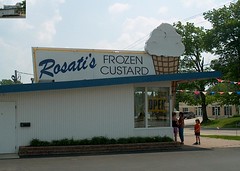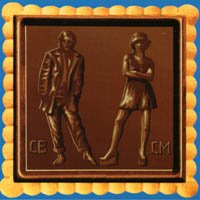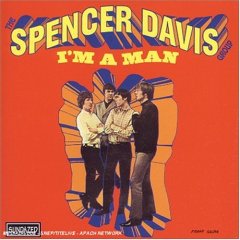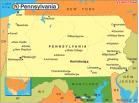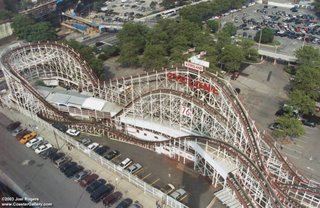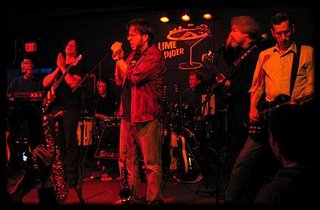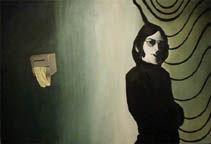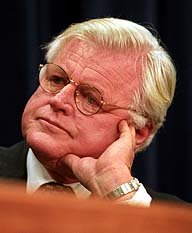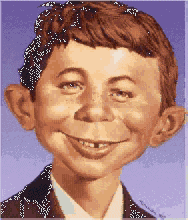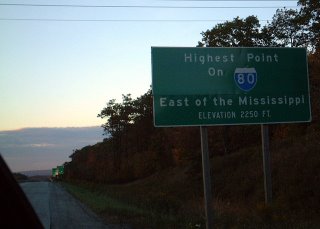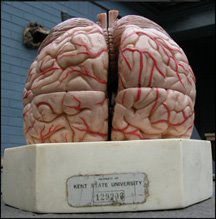| Thirty-six years ago today, Ohio National Guardsmen shot 13 college students at Kent State University who were protesting US incursions into Cambodia as part of the Vietnam War. Nine victims survived, including one who is confined to a wheelchair for the rest of his life. Four students -- Jeffrey Miller, Allison Krause, Bill Schroeder, and Sandy Scheuer -- were killed. The students were unarmed, and the closest was more than 60 feet away from the Guard at the time of the shooting. There was no warning shot; the National Guard never issued an apology; and no one ever spent a day in jail for the killings despite the fact that the President's Commission on Campus Unrest, appointed by President Nixon in 1970, found the shootings to be ''unwarranted and inexcusable." Yearly, since the tragedy, Kent State students, alumni, and others have met on the anniversary of the shooting to reflect and remember. Alan Canfora, who was shot by the Guard, says, ''The students today act as the conscience of the college, and the country . . . just like the students did in 1970." This year's memorial will come, as the last three have, in the midst of a war that has become increasingly divisive. While the memory of Kent State and other violent clashes from that time between protesters and authorities did not deter the incumbent president from leading the country into another unpopular war, it is important to honor Kent State's spirit of dissent and what it taught about the bloody consequences of intense division. Halfway across the country, the lessons of Kent State are taught each semester in debate classes at Emerson College. J. Gregory Payne, associate professor of organizational and political communication and a Kent State historian, has been teaching students about history, advocacy, and rhetoric through the lens of Kent State for decades. According to Payne, remembering this tragedy is important because ''Kent State is not about the past -- it's about the future." Consider the similarities: In 1970, just as today, we had an unpopular president carrying out an unpopular war for questionable reasons. Richard Nixon and George W. Bush embody many of the same divisive characteristics. Bush tells the world: ''You are with us or you are with the terrorists." Nixon's public statement after the shootings blamed the students: ''When dissent turns to violence it invites tragedy." Again our civil liberties are being threatened. Bush has ordered the wiretapping of US citizens without a warrant and holds detainees indefinitely without trial; Nixon was spying on student activists and what he called ''domestic radicals." But, perhaps the most telling comparison is the sharp division within the nation, both then and now. Americans are now, as we were then, split to the core on matters of war and peace, life and death, and cultural values. The President's Commission concluded it was ''the most divisive time in American history since the civil war." Bill Schroeder's parents received signed letters after the shooting saying, among other things, that their ''riot-making, communist son" deserved to die. Today antiwar protesters are unfairly discredited by the administration as they were in 1970. When Cindy Sheehan took antiwar positions after her 24-year-old son, Casey Sheehan, died in Iraq, she was smeared by pundits like Bill O'Reilly, who said she was a pawn of ''far-left elements that are using her" and that Sheehan was ''dumb" enough to let them do it. Of course, the absence of a draft now and its presence then may explain why the antiwar movement during the Vietnam War had a greater intensity then it does now. Still, as the protests in New York City last week indicate, the longer the war in Iraq drags on, the more vehement the opposition seems to get. Musicians, once again, are singing songs of dissent. Last Friday Neil Young, who in 1970 wrote ''Ohio" in reaction to the shootings, began streaming a new antiwar album ''Living with War" for free on his website. Days later, Pearl Jam also released an album made up entirely of protest music. My generation can't ignore the lessons of Kent State. The same mindset and failure in leadership that led National Guardsmen to fire at students of the same age and from the same Ohio hometowns is similar to what led US soldiers to torture detainees in Iraq. Kent State should remind us of what happens when a grossly misguided war divides a country. If we can speak candidly and openly about our history and our present -- even the worst elements of it -- then we can ensure that the lives lost on May 4, 1970, were not in vain. Michael Corcoran is a journalism major at Emerson College. © 2006 Globe Newspaper Company
thanks to Higgs for this...
| 




